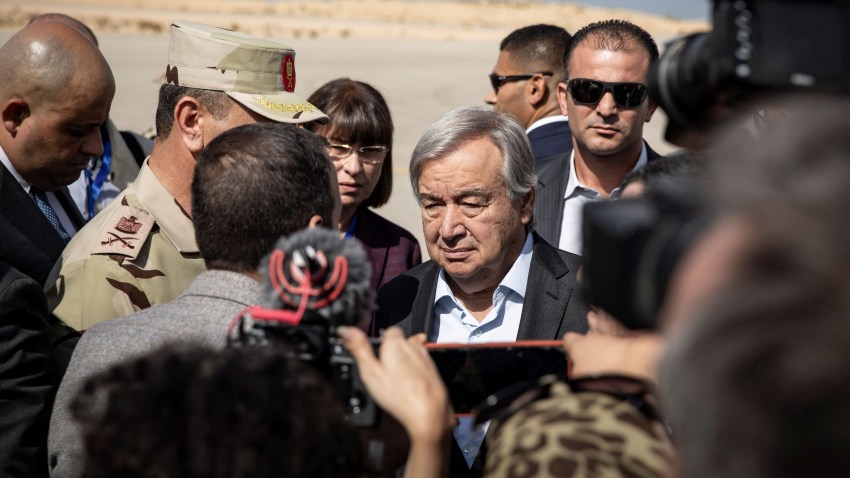As 2023 ends, ambassadors and international officials at the United Nations do not have much to celebrate. The organization was having a hard year even before Hamas attacked Israel in October. The Security Council has struggled to respond to shocks such as the war in Sudan and the coup in Niger. Russia and the Western powers have continued to spar over Ukraine. Now the war in Gaza has grabbed center stage, sparking furious debates in the Security Council and General Assembly. These arguments have taken a heavy toll on generally phlegmatic diplomats, with many asking if the U.N. can recover from the crisis.
The sense of frustration percolating around the U.N. contrasts with a marginally more positive mood a year ago. In late 2022, diplomats were relieved that Russia’s all-out aggression against Ukraine had not driven all multilateral engagement into a ditch. Despite high tensions, Moscow and the West managed to maintain a minimum of cooperation on most other files at the United Nations.
That modus vivendi has since eroded. Russia has become more disruptive in the Security Council. It vetoed the renewal of a mandate for U.N. agencies to deliver aid to the areas of northwest Syria outside government control in July, although Damascus unilaterally agreed to let these deliveries continue. Moscow also backed a push by the government of Mali to expel peacekeepers from its territory. Most tellingly, it pulled out of the Black Sea Grain Initiative, which U.N. Secretary-General Antonio Guterres helped engineer in 2022 to allow Ukraine to export its agricultural products. Russia is still not systematically blocking Western initiatives at the U.N., but it is likely to use its blocking power more often as its war with Ukraine drags on.

